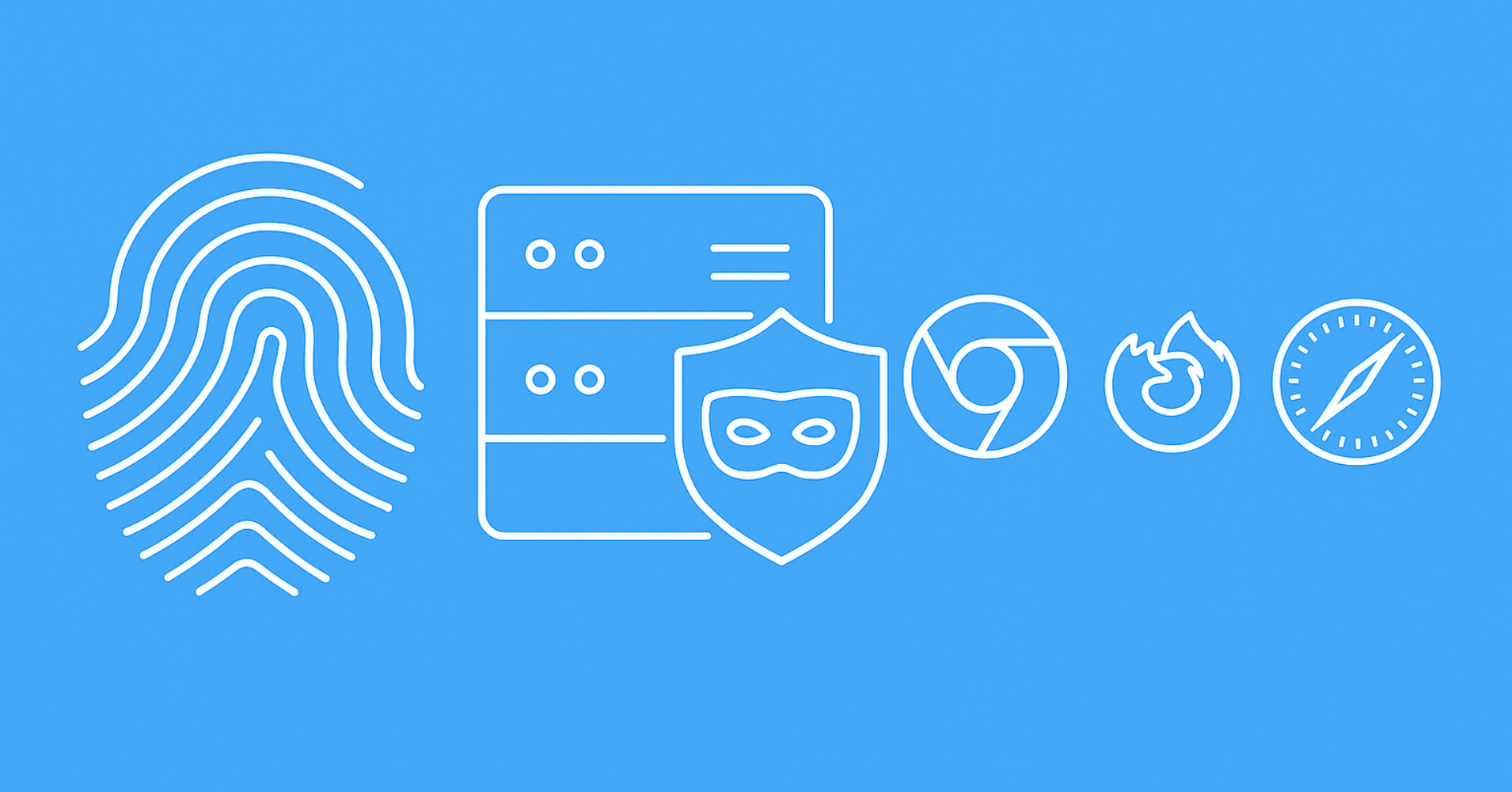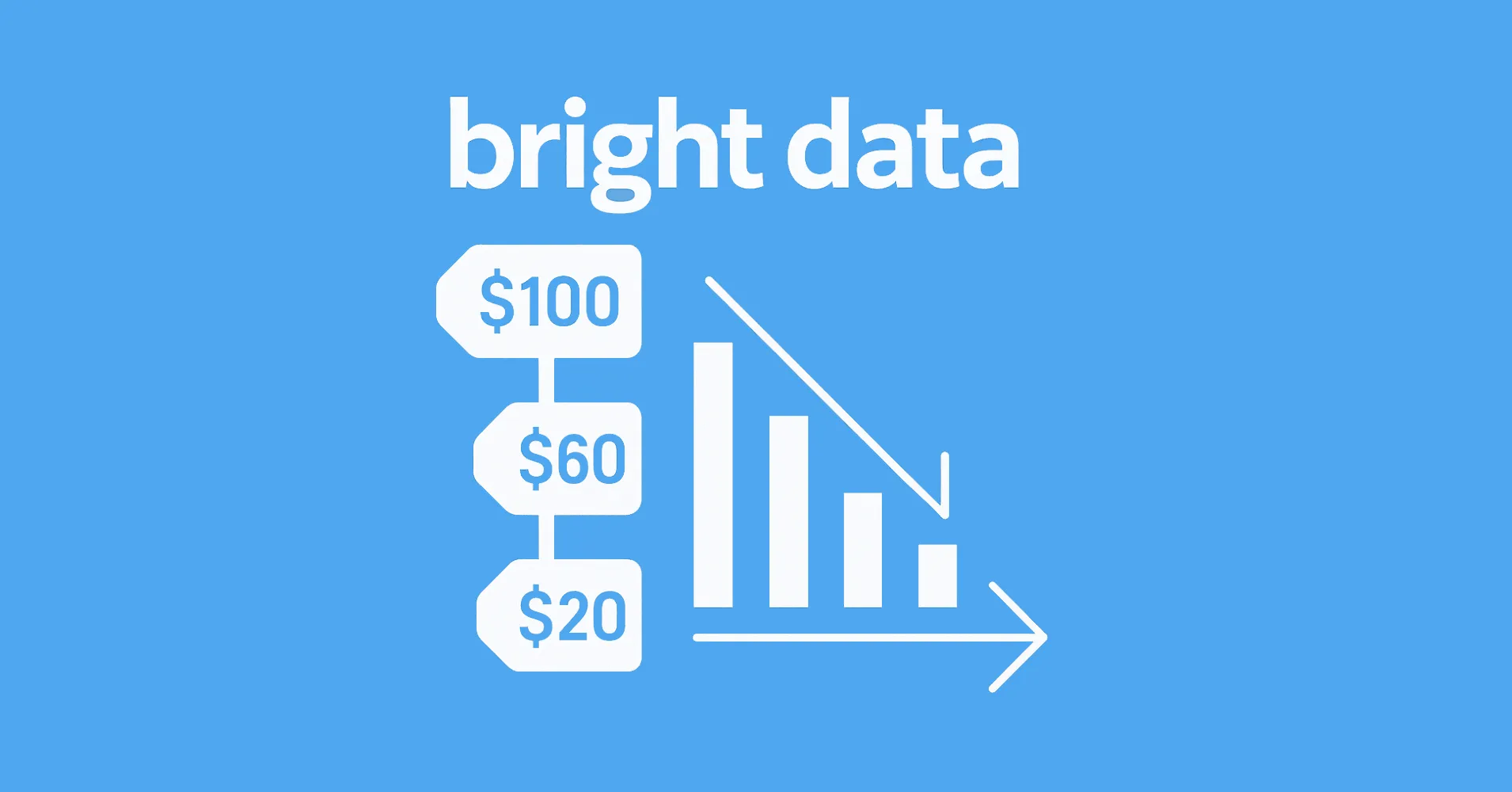Most web scrapers need proxies to scrape without being blocked. However, proxies can be expensive and out of reach for many small web scrapers. One alternative to proxies is to use personal VPN services as proxy clients.
Some VPN services directly support SOCKS or HTTP proxies while others that don't can be converted as proxies through additional tools like wireproxy.
So, what to look for in a VPN service if you want to use it as a proxy client?
- Wireguard protocol support. Wireguard is a new VPN protocol that is faster and easier to develop with than the older OpenVPN protocol. Many tools that convert VPN to proxies (like wireproxy) are based on Wiredguard.
- Unlimited concurrent device support. Many VPNs limit amount of concurrent connections to 3-5. That would only give 3-5 proxies for web scraping which is not enough for most web scrapers.
- IP quality. Since VPNs are used by many users concurrently the more IPs and locations VPN has the better IP quality you'll get.
Using VPNs proxies is a good budget option but it can be a very complex setup and IP quality can be lacking for many popular web scraping targets.
For more on proxies in web scraping see our introduction guide to proxies in web scraping





